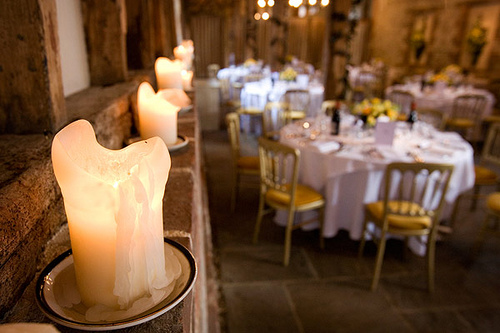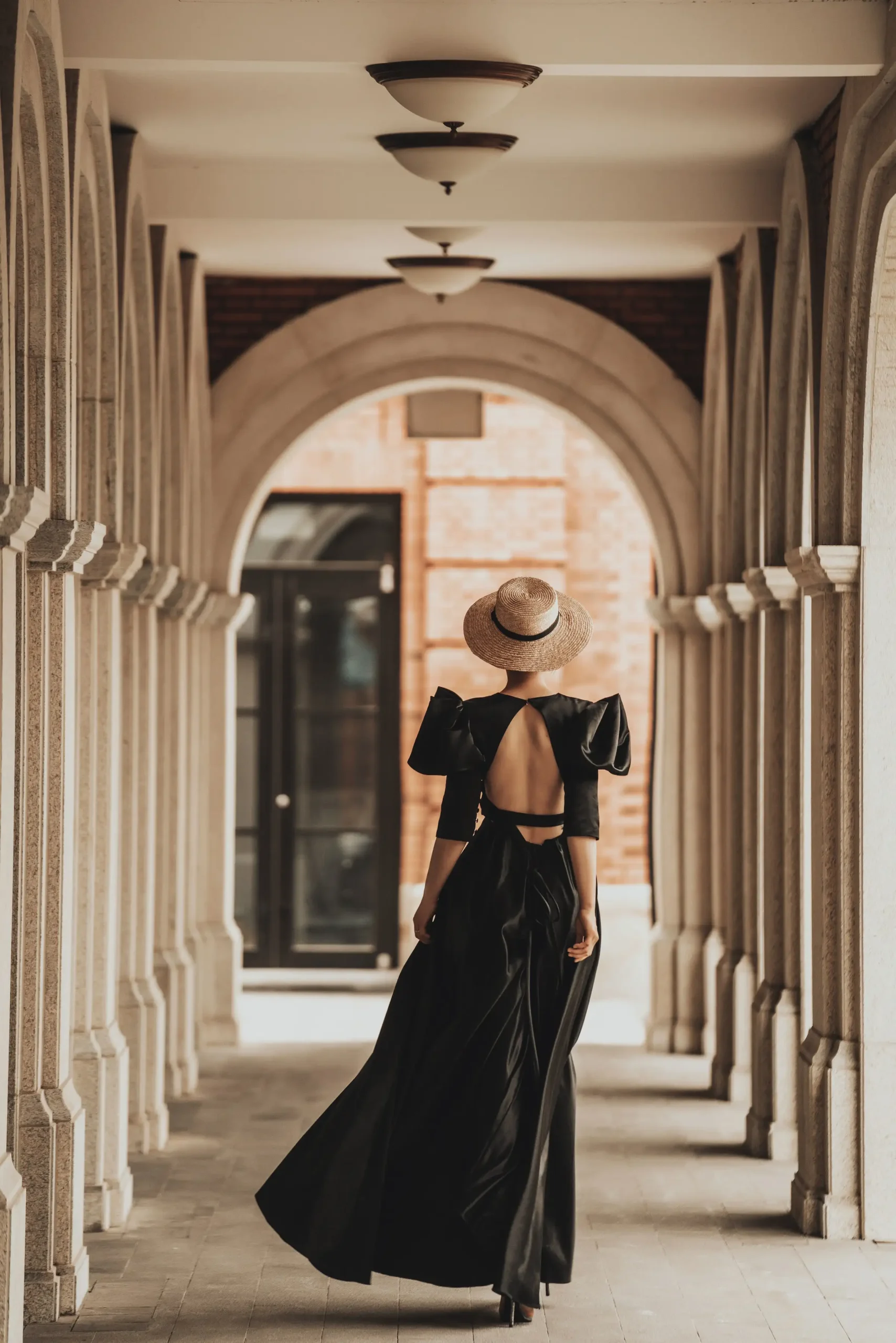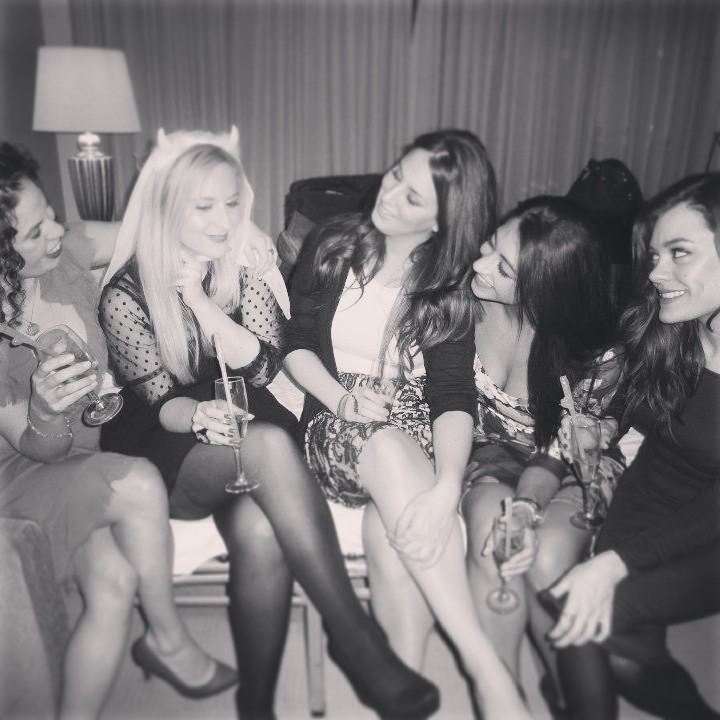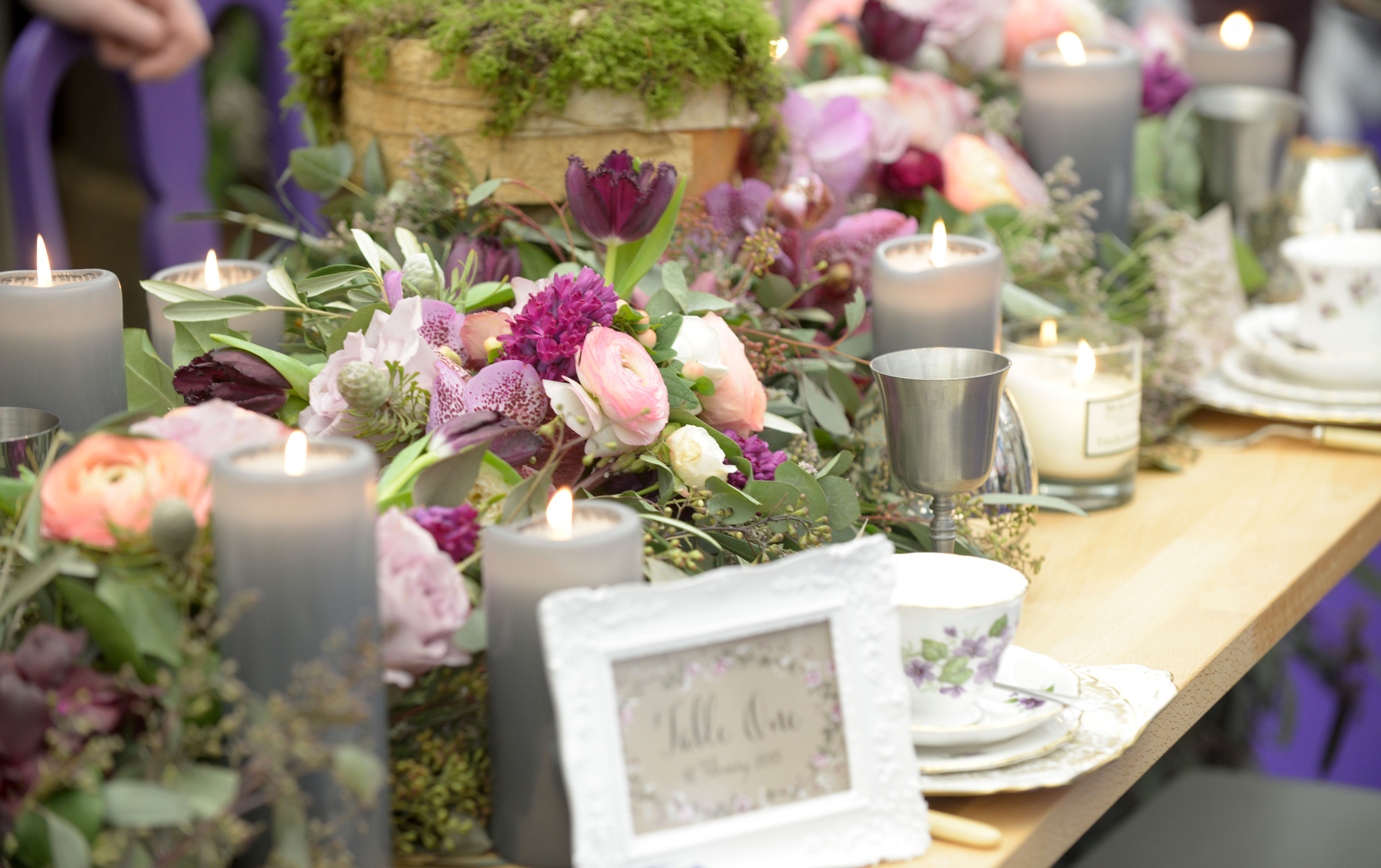Finding the Perfect Wedding Venue

As a Wedding Planner and being married myself, I feel it only makes sense to impart some of my wisdom and experience on future brides-to-be. So on this blog, I’ll be writing lots of tips for Wedding Planning. I hope they go some way to help all you brides and grooms out there.
Getting engaged is the easy bit, it’s planning the wedding that is the toughy. Particularly, in my opinion, finding the perfect wedding venue. Does such a thing exist?
It can be quite an overwhelming process, not to mention the pressure! At the end of the day, for most of us, our wedding is one day. One day, one celebration, one big party. So how could you possibly decide which venue out of the thousands out there, is the right one?
It’s important to get a good idea in your minds of what you want before you go to look anywhere, the major things like:
– City venue vs Country venue
– Indoor vs Outdoor venue
– Old vs Modern
– Hotel vs Venue Only vs Marquee
– Formal vs Informal
– Unusual vs Traditional
This will whittle down your choices quite significantly and make things a little simpler when you’re searching. Google can be a very daunting thing when it comes to wedding venues, so if you know the answers to the above, it’ll help a lot! And be specific with your location, this will help narrow-down your choices a lot.
Your next main thing to consider is budget. Again, this will narrow-down choices quite significantly as inevitably, some venues will just be out of your price range. On this note, if you do fall in love with an expensive venue, it is always worth asking if prices are lower on a week day or a Sunday or out of season (ie Autumn/Winter months). Often couples want to get married on a Saturday in April – September, which means this will be the most expensive “peak” prices. Many venues will therefore negotiate on other dates, so it is always worth asking.
The next thing is obviously size of the venue and how many people you need or want to accommodate. Your venue is either dictated by your guest-list or your guest-list is dictated by your venue! Which one are you? We were the former, as we knew we had quite a large family and friends that we wanted there, that we couldn’t compromise on. So you have to work out how many people you need to be able to seat in your venue and how many it can accommodate standing. If you are having a civil ceremony, venues have restrictions on how many people their rooms are licensed to hold, so make sure this is one of the first things you check when looking at a venue. There really is no point in deluding yourselves into thinking you can fit 80 people into a room licensed for 50. It just won’t happen. The registrars and the venue wouldn’t allow it for one, but your guests wouldn’t enjoy or appreciate it either!
I‘d say the next major thing to think about is weather you want a more formal sit-down wedding breakfast, or a more informal buffet, afternoon tea or BBQ (increasingly popular option these days). This again, will dictate how many people you can invite. A room may hold 100 people standing for example, but only 70 seated. This is because they have to allow for the room that tables and chairs take up, as well as room for the waiters to smoothly serve the tables. Again, there’s often not a lot of room for manoeuvre on this and the venue will want to make sure they can comfortably serve your guests (it’s better that they are strict on this, it shows they take their service seriously!).
Alternatively, you may decide that you want to provide the catering yourselves or get outside caterers, so generally a barn, marquee or town hall is good for weddings like this. You basically just “dry hire” the venue and bring in everything else yourselves. This is different to a hotel wedding, where generally the hotel will provide everything in terms of food and drinks.
The next thing to think about when picking a wedding venue is how many evening guests you will have. How many people you’ll want on the dance-floor and are you expecting some outside space. Some venues will “turn around” the wedding breakfast room for the evening reception. This means that after you’ve eaten, they’ll clear the room and create a dance-floor space. This has an impact on timings and often means there could be a “lull point” between dinner and dancing, unless there is another room or bar that guests can use. Some couples therefore prefer to have a separate room for the evening reception, which can be dressed accordingly and guests can go straight into after eating.
The next major thing to think about is whether you want guests to stay over. This may dictate your venue location and mean you pick a hotel, so everyone is in one place, or choose a venue that has hotels and B&Bs locally. Or you may go alternative and have a festival wedding with tents and camping for your guests in a field. Whichever way, it’s good to have this in mind when searching for a venue. For our wedding, we had a lot of people travelling from all over the country and from overseas, so having bedrooms at our venue and local hotels of varying budget, was hugely important for us.
Once you’ve thought about the above, you’ll find it easier to search for a venue, as your ideas will be much more specific and you’ll know what you are looking for. You will then be in a great position to book show-rounds and venue tours, rather than aimlessly making appointments for a venue you are not sure about.
Just remember, unless money is no option, it really is hard to find the 100% perfect wedding venue. You’ve got to find something that is 90% want you want and that could perhaps be adapted or added to, to make it perfect. It is like buying a house; you rarely find a house that you feel you’d happily move into straight away without a lick of paint here, or some new lighting there. This is the same with wedding venues – you need to go in with an open mind and see what you could bring to a venue too.
My next post will be about what questions to ask a venue and what to keep an eye out for on show-rounds.
[mc-sign-up-list]





